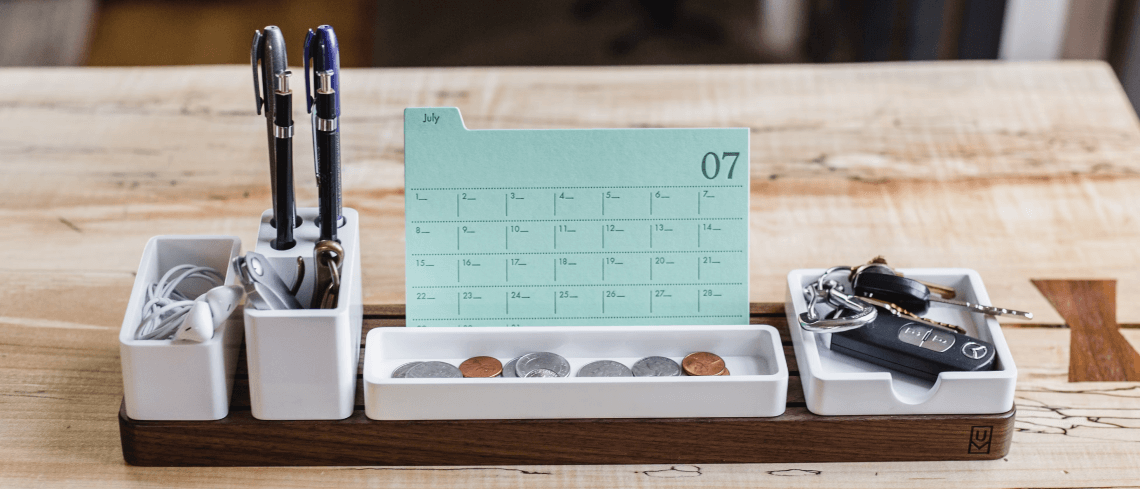Being a student often means living on a tight budget. With tuition fees, textbooks, and daily expenses piling up, finding clever ways to save money can make a huge difference. Here are some practical tips to help you stretch your budget without sacrificing your quality of life.
1. Take Advantage of Student Discounts
One of the biggest perks of being a student is access to discounts. Many retailers, restaurants, and service providers offer student pricing on everything from clothes to entertainment.
Pro Tip: Always carry your student ID and check for student discounts before making any purchase. Use apps like UNiDAYS or Student Beans to find exclusive deals.
2. Cook Your Own Meals
Dining out or ordering takeout can quickly drain your wallet. Cooking at home is much cheaper and healthier.
Pro Tip: Meal prep for the week to save time and reduce the temptation to eat out. Focus on simple, budget-friendly recipes like pasta, stir-fries, or soups.
3. Buy Used Textbooks
Textbooks can be a significant expense, but you don’t always need to buy them new. Look for used or digital versions instead.
Pro Tip: Check websites like Chegg, eBay, or your campus bookstore for second-hand textbooks. Consider renting textbooks if you only need them for a semester.
4. Use Public Transportation or Carpool
Owning a car can be expensive, with costs like fuel, maintenance, and parking. Opt for public transportation or carpool with friends to save money.
Pro Tip: Many cities offer discounted public transport passes for students. Check with your school or local transit authority.
5. Take Advantage of Free Campus Amenities
Your campus likely offers free or low-cost amenities such as a gym, library, or student events. Make use of these resources instead of paying for external services.
Pro Tip: Attend free workshops, events, or guest lectures to enrich your experience without spending a dime.
6. Shop Smart for Groceries
Plan your meals and stick to a shopping list to avoid impulse purchases. Buying in bulk and choosing generic brands can also save money.
Pro Tip: Shop at discount grocery stores or farmers’ markets for fresh produce at lower prices. Avoid shopping when you’re hungry to prevent overspending.
7. Limit Subscription Services
Streaming services, gym memberships, and other subscriptions can add up. Evaluate which ones you truly use and cancel the rest.
Pro Tip: Share subscriptions with friends or family to split the cost, or look for student plans with discounts.
8. Find Part-Time Work
A part-time job can provide extra income to cover expenses. Many campuses offer flexible jobs designed for students.
Pro Tip: Look for on-campus jobs like library assistant roles or tutoring positions that align with your class schedule.
9. Avoid Credit Card Debt
It can be tempting to rely on credit cards, but high-interest rates can lead to long-term financial struggles. Use credit cards responsibly and only for necessary expenses.
Pro Tip: Pay off your balance in full each month to avoid interest charges and build good credit.
10. Make Use of Free Study Resources
Instead of spending money on expensive software or tools, take advantage of free study resources available online or through your school.
Pro Tip: Use free apps like Google Docs for writing and collaboration or Khan Academy for supplemental learning.
11. Buy Second-Hand or Rent Items
From furniture to electronics, buying second-hand can save you a lot of money. Renting items you only need temporarily is another great option.
Pro Tip: Use platforms like Facebook Marketplace, Craigslist, or your school’s bulletin board to find deals on used items.
12. Set a Budget and Stick to It
Budgeting is key to managing your finances. Track your income and expenses to ensure you’re living within your means.
Pro Tip: Use free budgeting apps like Mint or PocketGuard to help you stay on track and find areas to cut back.
13. Take Advantage of Free Entertainment
You don’t need to spend a lot of money to have fun. Look for free or low-cost entertainment options such as movie nights, concerts, or hiking.
Pro Tip: Check your campus’s event calendar for free activities and social opportunities.
14. Use Cashback and Reward Apps
Apps like Rakuten, Honey, and Ibotta offer cashback or discounts on everyday purchases. Over time, these savings add up.
Pro Tip: Use cashback apps when shopping online or in-store for groceries, clothes, and other essentials.
15. Learn DIY Skills
From minor repairs to creative projects, learning do-it-yourself skills can save you a lot of money.
Pro Tip: Use YouTube tutorials to learn skills like sewing, fixing electronics, or cooking.
Conclusion
Saving money as a student doesn’t have to be difficult. With these clever strategies, you can cut costs and make the most of your budget while enjoying your college experience. Start small by implementing one or two tips, and gradually build smarter financial habits that will benefit you for years to come!






